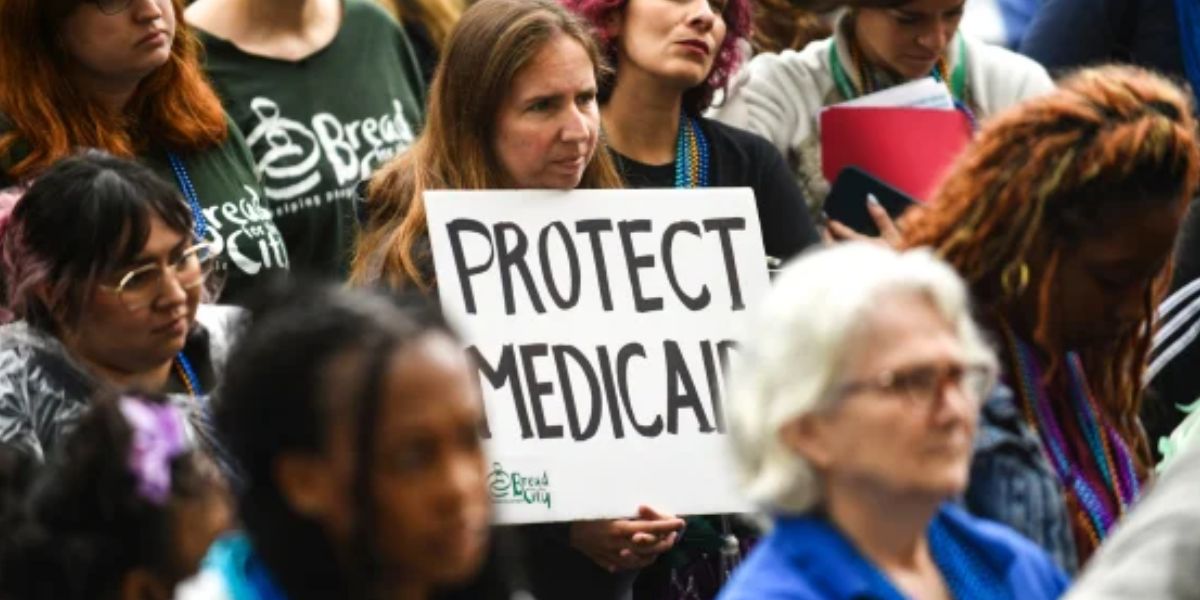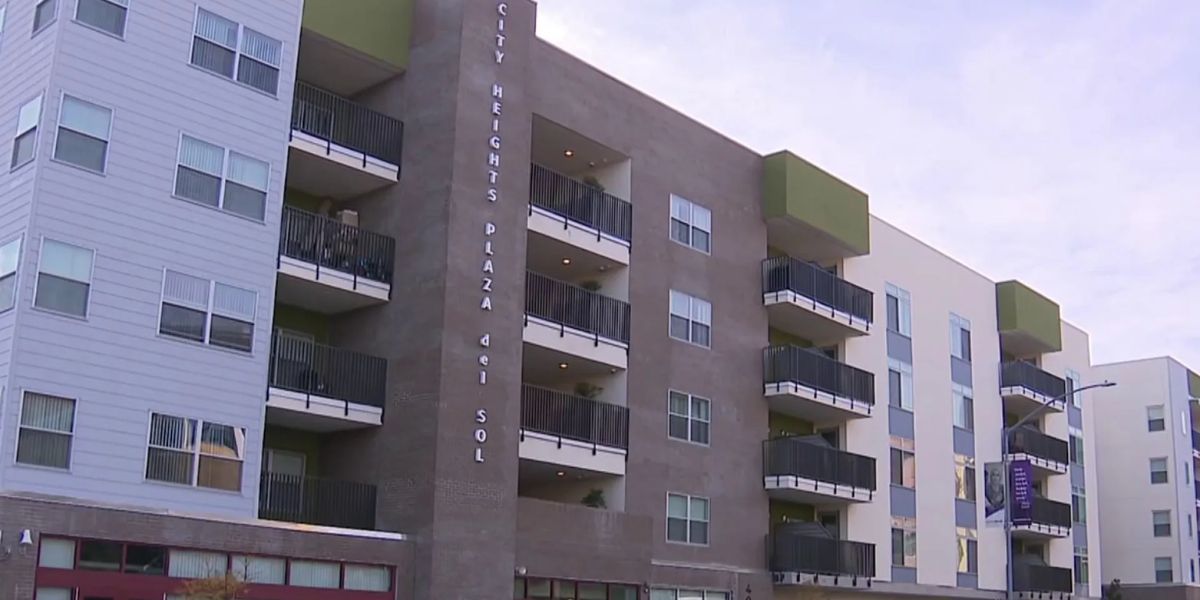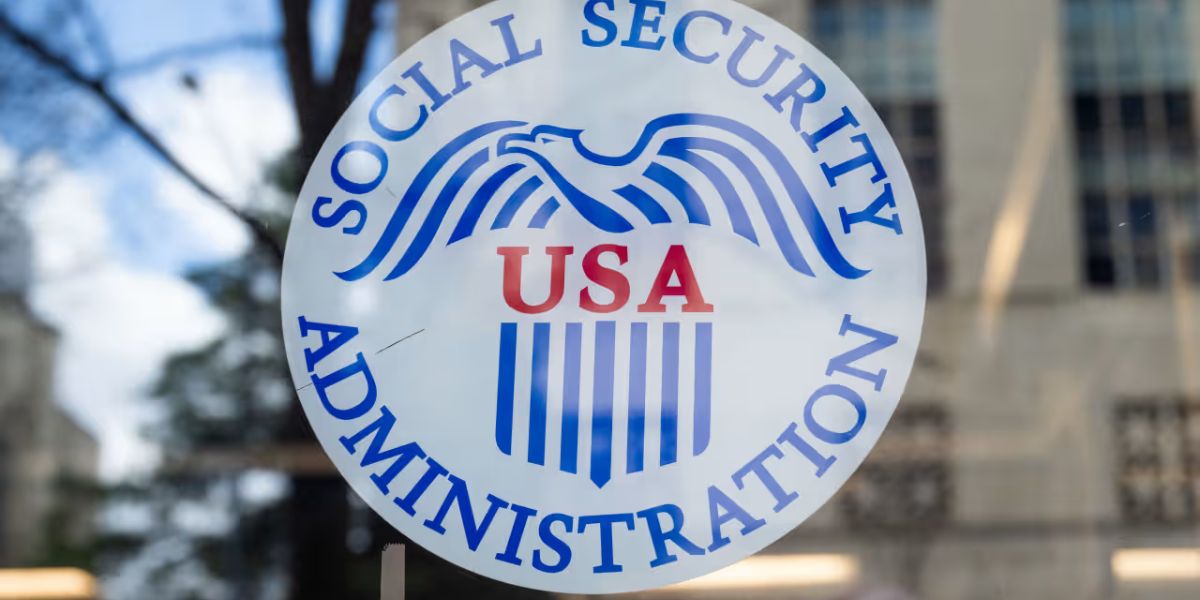According to a study released Monday in the Annals of Internal Medicine, the House Republicans’ comprehensive domestic policy bill’s planned Medicaid cuts may result in an estimated 7.6 million Americans losing their health insurance, which would result in thousands of avoidable deaths.
According to the report, the changes may result in 380,270 women skipping a mammogram, 1.3 million people not filling necessary prescriptions, and nearly 2 million people losing their primary care physician. The researchers calculated that the loss of access to or forgoing care may result in the deaths of over 16,600 persons.
Lead study author Dr. Adam Gaffney, an assistant professor at Harvard Medical School and critical care physician, stated that patients who forgo care because they cannot pay it frequently become sicker and sicker until they develop chronic illness.
According to the report, the reconciliation plan, which passed the House in late May and is currently pending in the Senate, calls for significant reductions in federal Medicaid expenditure of at least $625 billion over a ten-year period.
Dr. Rachel Werner, executive director of the Leonard Davis Institute of Health Economics at the University of Pennsylvania, who was not involved in the analysis, stated that “some parts of the bill that seem innocuous, that seem like they may be aimed at cutting fraud and abuse, will disenroll people who should be on Medicaid under the stated criteria. It’s not just about saving dollars and cents, it’s costing lives.”
The study identified three Medicaid cuts in the bill—the implementation of work requirements, restrictions on states’ ability to collect Medicaid provider taxes, and the repeal of a Biden-era rule that simplified Medicaid enrollment—that would have the biggest effect on people losing health insurance.
The bill’s other minor cuts, such as penalizing states that made use of Medicaid funds to treat undocumented immigrants, resulted in an estimated 7.6 million people losing their insurance.
(Although the authors pointed out that this assumption “may be overly optimistic,” the calculation estimates that while nearly 10.3 million people would lose their Medicaid coverage, some would get other health insurance.)
Figures from the House Budget Committee, Congressional Budget Office analysis, and earlier Medicaid research served as the foundation for the paper.
Gaffney pointed out that the May bill’s job requirements were more extensive than the research had initially predicted and might result in the most fatalities.
The employment requirements are a particularly concerning aspect of the plan, according to Michael Shepherd, an assistant professor of health management and policy at the University of Michigan School of Public Health.
People would have to regularly provide documentation indicating they are employed for a certain amount of hours if federal lawmakers were to enact work restrictions.
The process would make it more difficult for people to receive care, especially for those who work seasonally or are in between jobs when the employment requirement paperwork is due, Shepherd said, though it’s unclear how frequently this would occur.
Work requirements for Medicaid enrollees have previously been tested in the states of Georgia and Arkansas.
A judge overturned Arkansas’ requirement in 2019, roughly a year after it took effect, but Georgia’s requirement remains in place.
“What we observed was a large number of people not being able to enroll in Medicaid, even though they qualify and they are working, and an increase in administrative costs,” Shepherd said, highlighting the potential consequences of federal work requirements for Medicaid recipients.
Potential avoidable fatalities aren’t the only thing that worries Dr. Steven Woolf, a family medicine and population health professor at Virginia Commonwealth University.
Read Also: GOP Bill Proposes Major Changes to Medicaid Affecting Millions
Cuts to SNAP benefits, which are also included in the bill, as well as to Centers for Disease Control and Prevention staff, funds, and programs, would exacerbate Medicaid cuts, according to Woolf.
Werner expressed concern that some who are still enrolled in Medicaid and eligible might become confused by the reduction and think they or their child are no longer covered.
“It is more likely that when parents become disenrolled, they mistakenly think their kids will be disenrolled,” she said, indicating that child disenrollment is rare.
Werner claimed that another clause in the bill would postpone a need that nursing homes maintain a minimum number of staff members, which could result in more resident fatalities.
Werner claimed that another clause in the bill would postpone a need that nursing homes maintain a minimum number of staff members, which could result in more resident fatalities.
Even those with private insurance may die as a result of the knock-on effects, which would also impact the overall health system, particularly in rural regions, Shepherd added.
Rural hospitals would be more burdened with the cost of care for uninsured individuals who are unable to pay their medical costs as a result of Medicaid reduction.



